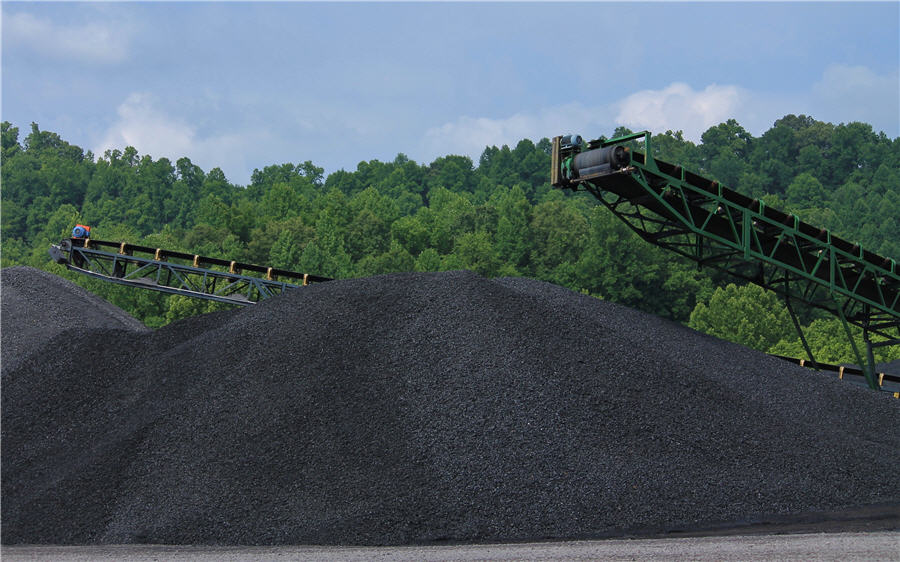Citi vows to stop working with thermal coal-mining companies

Citigroup will stop providing financial services to thermal coal-mining companies over the next 10 years to help accelerate the economy’s shift away from fossil fuels.
By 2025, the bank won’t provide underwriting and advisory services to the industry and will cut its credit exposure in half, Citigroup said Monday in a statement. It plans to eliminate its exposure entirely by 2030.
“Citi recognizes that emissions from fossil-fuel sectors in particular must be drastically reduced in the coming decade,” the company said in the statement.
“The shift away from fossil fuels in pursuit of renewable and other sources of low-carbon energy will have a significant effect on clients in coal-fired power generation, coal mining and certain segments of the energy sector.”
Citigroup updated its environmental and social policy framework on Friday to include the new targets
The lender has been vocal about its efforts to mitigate the effects of climate change. Last year, it reached a goal four years ahead of schedule to finance $100 billion of activities that address the problem. It also promoted Val Smith to be the New York-based firm’s first-ever chief sustainability officer.
Citigroup updated its environmental and social policy framework on Friday to include the new targets, as well as a commitment to reject financing for oil and gas exploration and production in the Arctic. The company said it hasn’t provided such financing in the past.
“For years, we have been speaking out about the need to keep drill rigs out of our sacred lands in the Arctic Refuge, and it’s amazing that a growing number of major banks are listening,” said Bernadette Demientieff, executive director of the Gwich’in Steering Committee, a group formed to combat oil-drilling proposals in the region.
Citigroup said it would also stop providing project-related financial services for coal mines and coal-fired power plants. The firm had previously made exceptions for projects in energy-impoverished countries.
(By Jenny Surane)
{{ commodity.name }}
{{ post.title }}
{{ post.date }}




Comments